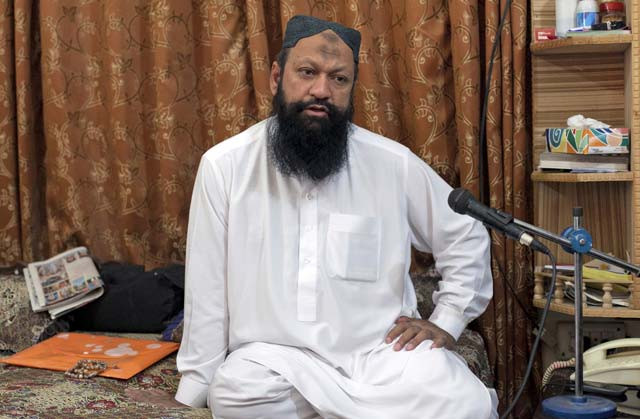Guns in the night
Extra-judicial ‘justice’ can never be a long-term solution for sectarian violence that the country has faced for long

Whilst we must welcome the successes of the law enforcement agencies, we also have a growing concern that our justice system seems to be failing in its job of bringing people like Malik Ishaq to justice. PHOTO: REUTERS

As the only account of the incident of how Malik Ishaq was killed comes from the police, it is difficult to avoid speculating that there were elements of ‘set-up’ about it, that the encounter may have been staged with the deliberate purpose of permanently removing a man whose toxic message and lethal activities continued unabated, despite being behind bars. Also dead was the deputy leader of the LeJ, Ghulam Rasool, and there will now be a battle for succession within the LeJ that is unlikely to be bloodless. This is the latest incident in the crackdown on militant and insurgent groups across the country and there will be many who welcome it, particularly those communities most affected by the violent activities of the LeJ. Groups such as the LeJ have become powerful because of serial failures by provincial and federal agencies to curb them or even restrict their activities in many instances. Whilst we must welcome the successes of the law-enforcement agencies, we also have a growing concern that our justice system seems to be failing in its job of bringing people like Malik Ishaq to justice. Extra-judicial ‘justice’ can never be a long-term solution for the problem of sectarian violence that the country has faced for long. The rule of law is for everybody to abide by, including the police, and it is flouted at our peril.
Published in The Express Tribune, July 31st, 2015.
Like Opinion & Editorial on Facebook, follow @ETOpEd on Twitter to receive all updates on all our daily pieces.














COMMENTS
Comments are moderated and generally will be posted if they are on-topic and not abusive.
For more information, please see our Comments FAQ